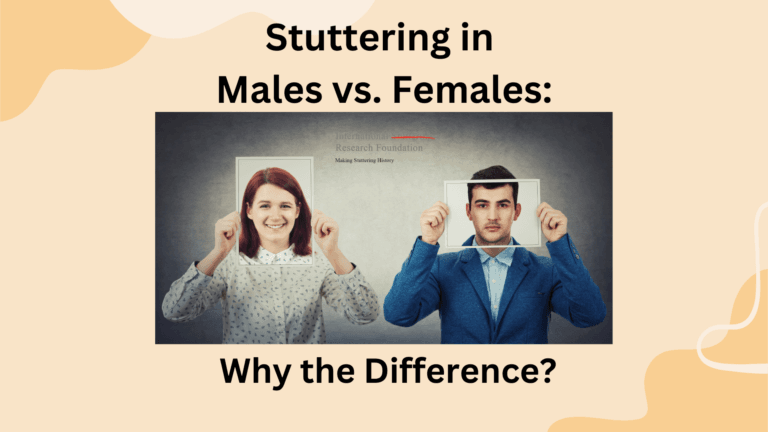Gossip—whispered secrets, the latest scandals, juicy rumors—travels faster than wildfire. But why are we so drawn to it? Why do we find ourselves discussing the lives of others, even when we know it may not always be kind or fair? To answer these questions, we must delve into the psychology, sociology, and even the evolution of gossip.
The Psychology of Gossip
At its core, gossip is a form of communication. It’s a way for people to share information, express opinions, and connect with one another. When we gossip, we engage in a social ritual that binds us to our community. The act of sharing news, even if it’s about someone else, creates a sense of belonging and solidarity. It’s like a dance—one that is intricate, compelling, and at times, difficult to resist.
Validation and Social Connection:
When we share gossip, we often seek validation. We want to know that our thoughts, feelings, and observations are shared by others. This validation is a powerful tool that strengthens social bonds. By discussing others, we align ourselves with certain social groups, establish our place within them, and reinforce our own identity.
Curiosity and the Human Condition:
Curiosity is another driving force behind gossip. Humans are naturally curious creatures, always eager to learn more about the world and the people around us. Gossip satisfies this curiosity by offering a peek into the lives of others, allowing us to understand social dynamics, motivations, and behaviors. It’s like a puzzle—one where the pieces are people, and the picture is society itself.
The Sociology of Gossip
On a broader level, gossip plays a crucial role in maintaining social order. In traditional societies, where communities were smaller and tightly knit, gossip served as an informal way to enforce norms and expectations. Those who deviated from the norm could find themselves the subject of gossip, which in turn acted as a social deterrent against undesirable behavior.
Social Control and Cohesion:
Gossip can be a form of social control, subtly (or not so subtly) reminding people of what is acceptable behavior. It creates a feedback loop where societal norms are both reinforced and challenged. When someone is gossiped about for breaking a norm, it sends a message to the group—this behavior is outside what we accept.
Power Dynamics:
Gossip also reflects power dynamics within a group. Those with information often hold a certain level of power, using gossip as a way to influence perceptions and manipulate social standings. Whether it’s within a workplace, a friend group, or even on a global scale, the act of gossiping can be seen as a strategic tool to navigate and influence social hierarchies.
The Evolutionary Perspective
From an evolutionary standpoint, gossip may have been crucial to human survival. Our ancestors lived in small groups where cooperation was essential for survival. Gossip allowed early humans to share important information about who could be trusted and who could not. In this way, gossip helped to build and maintain alliances, ensure cooperation, and protect the group from threats, both internal and external.
Trust and Cooperation:
By sharing information about others, our ancestors could make informed decisions about who to trust and who to avoid. Gossip was a way of weeding out those who might harm the group, ensuring that cooperation was maintained. This evolutionary function of gossip is still evident today, as we often use gossip to gauge the trustworthiness of others.
Reputation Management:
Just as in ancient times, modern gossip can make or break reputations. In a world where social networks are vast and complex, gossip acts as a way to manage and navigate these networks. A good reputation can open doors, while a bad one can lead to social isolation.
The Double-Edged Sword
While gossip can serve positive functions—such as fostering social bonds, enforcing norms, and managing reputations—it can also be destructive. Malicious gossip can harm individuals, spread misinformation, and create rifts within communities. It’s a double-edged sword that must be wielded with care.
Conclusion
Gossip is a fascinating and multifaceted aspect of human behavior. It’s a tool for communication, a method of social control, and a way to navigate the complex web of human relationships. While it can be tempting to engage in gossip, it’s important to remember the impact our words can have. By approaching gossip with awareness and responsibility, we can harness its social benefits while minimizing its potential harm.
At NABS (National Academy of Biological Sciences), we believe in fostering communities that thrive on constructive communication and mutual respect. As we explore human behaviors like gossip, our goal is to encourage thoughtful reflection and positive interactions within society. By understanding the dynamics of gossip, we can use it wisely—fostering connection rather than division, and ensuring that our words build bridges, not walls.
In the end, the next time you find yourself drawn into a conversation about someone else, take a moment to reflect—what is driving this discussion? What can be gained from it, and at what cost? Understanding the dynamics of gossip can help us use it wisely, fostering connection rather than division.




